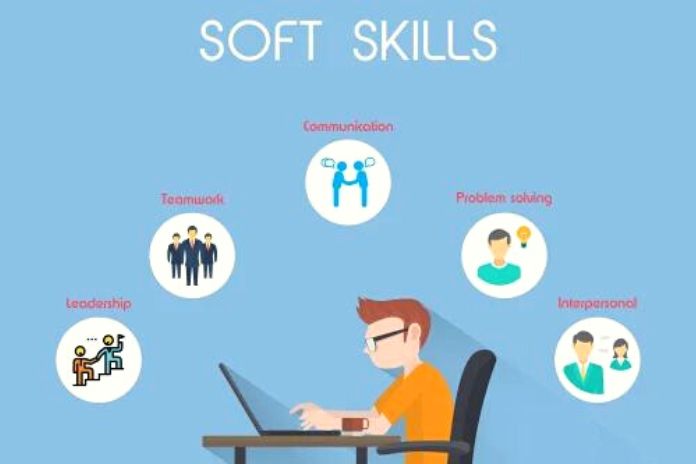Digitization and the continuous changes in the world of work show daily how technical skills are only sufficient if accompanied by so-called soft skills.
What Are Soft Skills?
The set of relational and behavioral skills of each individual gives soft skills. The ability to listen and work in a team, empathy and problem-solving are some of the aptitudes resulting from education, experience, and the environment in which people grew up and were trained. They are usually placed in opposition to technical skills (hard skills), which, on the contrary, refer to practical skills that can be learned through the course of study or, in any case, through sectoral training.
From this point of view, technical skills in the tech field are among the most requested due to the prevalence of digital tools in the professional world. Unlike what one might think, soft skills should not be placed in opposition to technical skills: combining these two types of skills makes it possible to optimize productivity and work profitably in a team.
Why Is Working In A Team Essential?
Working in a team doubles satisfaction and halves effort. With this philosophy, many companies favor creating projects in groups where each member can contribute their own specific contribution. To achieve the results shared by the whole team, everyone should undertake to:
- Sharing ideas: circulating ideas within a working group is essential to maintain interpersonal relationships and providing continuous food for thought to the other members.
- Communicate correctly: establishing a correct communication method allows not only to avoid misunderstandings but also to optimize expected times and resources. This aspect becomes even more relevant when some “teammates” are not desk mates: organizing video calls to align on the project’s progress is a great way to involve competent workers.
- Unity is strength: although each individual is assigned different tasks within a project, the spirit of cooperation must characterize the team, which, only in this way, will be able to achieve the desired objectives.
Development Of Potential: Using Soft Skills To Work In Teams
In a constantly changing working context, the ability to work in a team is not only a transversal skill but – often – a necessity for both collaborators and team leaders. On the one hand, collaborators require flexibility and an instinct for cooperation and empathy to establish a profitable relationship with their peers and superiors. Furthermore, the aptitude for transparency and the clear presentation of problems are two fascinating skills in carrying out a shared project. From the manager’s point of view, on the contrary, the soft skills that can prove to be most useful are mental openness, confidence in one’s abilities, the aptitude for delegating, and the critical capacity that must – always – move hand in hand.
In this way, each team leader can motivate and enhance the members of their work group, enhancing each member’s working and emotional characteristics. It is appropriate to make a separate reflection regarding emotional intelligence: it is an aptitude for empathy and sharing situations that allow those with it to come into direct contact with their interlocutor. Therefore, all team members must work to develop their emotional intelligence, cultivating relationships with their teammates and sharing team-building moments.
What Are The Benefits Of Collaborative Teamwork?
Working in a collaborative team brings concrete benefits not only from a relational point of view but also from a productive point of view. The managerial figures, leveraging soft skills, listen to all team members and are capable of making the right final decision while maintaining a careful orientation towards service and showing themselves to be collaborative. In particular, the benefits of working in a collaborative team are:
- Reduction of processing times: when several people work profitably on the same project, it is possible to reduce the delivery times of a project significantly.
- Mutual exchange of skills and ideas: enjoying multiple points of view on the same topic allows you to create a complete and multifaceted project.
- Possibility of relying on one’s teammates: if a group member finds itself in difficulty or is going through a moment of discouragement, it is essential that the other members of the group – strong in their emotional intelligence – can adequately support him.
In conclusion, transversal skills can make a difference within a working group. In particular, problem-solving skills and empathy are powerful tools that allow you to support the team until the shared goals are achieved.
Also Read: When Is The Digital Signature Invalid? All Cases

